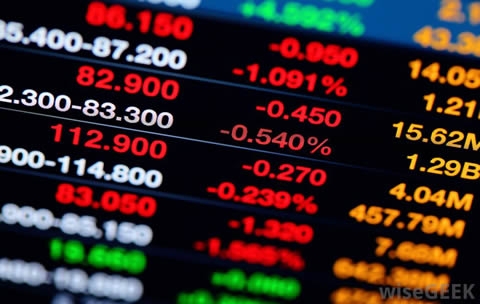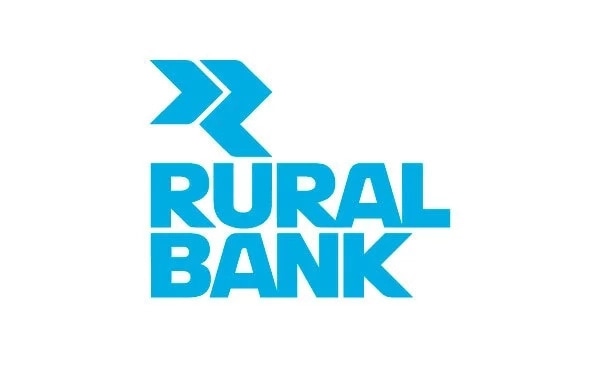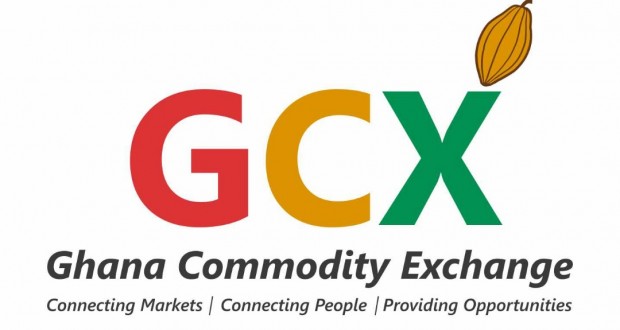
Plans to launch a commodities exchange and begin trading derivatives should help strengthen links between Ghana’s capital markets and the agriculture sector, to the benefit of local producers.
The country plans to launch the Ghana Commodities Exchange (GCX) in 2017, with its regulatory framework and platform currently in development.
The exchange is being developed as a public-private partnership between the Ghanaian government and a consortium of local and international investors, including Ecobank Ghana, the International Finance Corporation and 8 Miles Fund, a London-based private equity fund.
Announcing the project in June 2015, President John Dramani Mahama said the key objective of the GCX would be to help the country’s agricultural sector shift from subsistence farming to market-oriented production, noting that trading on the GCX would promote increased investment in agriculture, and strengthen the sector’s value chain.
Value-added chain
The new exchange is intended to increase the involvement of small-scale producers and commercial growers, linking them to the value-added chain by pairing them with agro-processing industries, commodity exporters, capital markets and traders.
Having a functioning commodities market will help Ghana grow its economy and leverage one of its strongest assets – agriculture – according to William K. Adjovu, managing director of Liberty Capital.
“The GCX can accomplish several goals,” he told OBG. “First, the wide-scale promotion of agriculture; second, the creation of infrastructure bonds for road construction, which will reduce transport costs related to agriculture; and third, the creation of a mutual fund for cocoa, all of which can help the country fulfill its industry potential.”
Derivatives trading in the pipeline
Other initiatives currently in the pipeline should also help local farmers access capital and bring additional liquidity into the agriculture sector.
Derivatives are poised to add another dimension to the Ghana Stock Exchange’s (GSE) trading platform next year, for example. In mid-May Ekow Afedzie, deputy managing director of the GSE, said the exchange was looking to start trading derivatives, with one or two instruments to tentatively be launched in 2017.
The launch of derivatives as an investment tool will mark a significant deepening of Ghana’s capital markets, which until now have consisted of a main equity board and a debt market, along with a secondary exchange for small and medium-sized enterprises (SMEs).
GSE currently lists 36 companies, with a total market capitalisation of around GHS54.7bn ($14.1bn) as of late June, down 18% year-on-year from 2015, due in part to a general slowdown in profits from commodity producers and changes in tax regulations.
The GSE also has a bond market, with 15 corporate bonds, 151 bonds with a maturity between one and seven years, and two eurobonds currently traded, at a value of GHS11.9bn ($3bn) for corporate and government notes and bonds and $2bn in eurobonds, as of late last year.
Offering alternatives
Another option for local agricultural firms looking to raise capital is the GSE’s secondary market, the Ghana Alternative Exchange (GAX). The GAX targets both start-up companies and existing SMEs, offering less stringent capital requirements and providing support through training and incentives.
The GAX has no profit requirements; candidates must simply provide a business plan demonstrating a pathway to profits by the third year. Moreover, the exchange has no listing fees and an annual fee of just GHS2000 ($506), compared to the annual fees for GSE which range from GHS8800 ($2229) to GHS38,000 ($9626) based on a company’s market capitalisation.
The pool of potential new listings for GAX is deep, with SMEs contributing up to 70% of GDP and accounting for around 90% of all companies in Ghana, according to figures from PwC.
However, since its launch in 2013, GAX has attracted a limited number of firms. The first of these came in mid-2015, in the form of a debt instrument, though several equity listings followed later that year. The challenge of attracting new listings is a common one for many of Africa’s SME exchanges, including Egypt’s NILEX, Nigeria’s ASEM and Kenya’s GEMS.
Efforts to raise the profile of GAX and boost trading gained traction at the beginning of June, when a new project was launched with the aim of encouraging smaller businesses to take advantage of the alternative market.
The Capital SME initiative, developed by the British High Commission with the endorsement of Ghana’s Ministry of Finance and Economic Planning (MOFEP) and a number of public and private sector players, is targeting at least five SMEs listing on the GAX within 12 months.
Speaking to local media, Magdalene Apenteng, director of the public investment division of the MOFEP, said the programme would address some of the factors that had limited IPOs in the past, including providing a shared online platform to exchange information and fostering a networking community of businesses.
More highly developed capital markets will encourage more SMEs to look to the exchange to raise funds, a route that is readily available, according to David Awuah-Darko, chairman of IC Securities.
“The right regulatory framework is in place in Ghana, and the legislation is quite well written,” he told OBG. “A solid foundation will allow SMEs to proliferate. They will always be the drivers of growth in the economy.”
Source: Oxford Business Group









